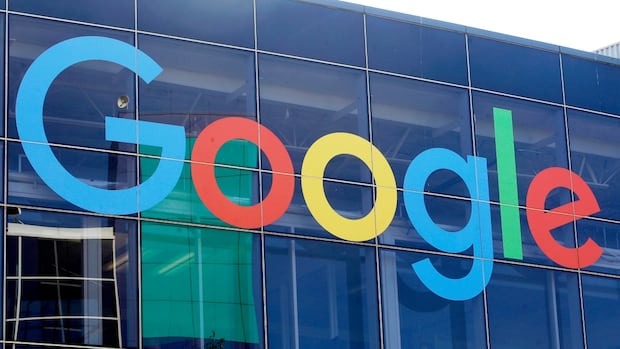AI Generated Newscast About Google's $425 Million Privacy Violation Shock!

In a stunning turn of events, Alphabet's Google finds itself on the losing end of a major court ruling, facing a hefty $425 million penalty for invading the privacy of millions of users. This comes after a federal jury in San Francisco determined that the tech giant continued to collect user data even after individuals had explicitly turned off a tracking feature in their Google accounts.
The case originated from a class-action lawsuit filed in July 2020, where users sought a staggering $31 billion in damages. Over an eight-year period, Google's practices were called into question as it was revealed that the company accessed mobile devices, collecting, saving, and utilizing personal data, which directly violated privacy assurances tied to its Web and App Activity settings.
The jury ultimately found Google liable on two of the three claims presented, although they decided that the company did not act with malice, thus avoiding punitive damages. A spokesperson from Google confirmed the verdict, maintaining that the company had not engaged in any wrongdoing.
At the core of the lawsuit was the issue of data collection, with Google allegedly continuing to gather information through its relationships with popular applications like Uber, Venmo, and Instagram, which utilize Google analytics services. Google defended itself in court by claiming that the data it collected was nonpersonal, pseudonymous, and secured in encrypted locations, asserting that it did not connect this information to users’ identities.
This case has been significant not just for the financial implications but also for the implications it has on privacy rights in the digital age. U.S. District Judge Richard Seeborg certified the lawsuit as a class action, potentially affecting around 98 million Google users and 174 million devices.
Interestingly, this isn’t Google's first brush with privacy-related lawsuits. Earlier this year, the company agreed to pay nearly $1.4 billion to settle claims in Texas regarding breaches of state privacy laws. Furthermore, just this past April, Google committed to destroying billions of records linked to users' private browsing activities in a separate lawsuit that accused the company of tracking individuals even in 'incognito' mode.
As it stands, this ruling serves as a stark reminder of the ongoing battle for consumer privacy in an age dominated by tech giants. With increased scrutiny on data practices, perhaps this is just the beginning of a larger movement toward accountability in the tech sector.


















